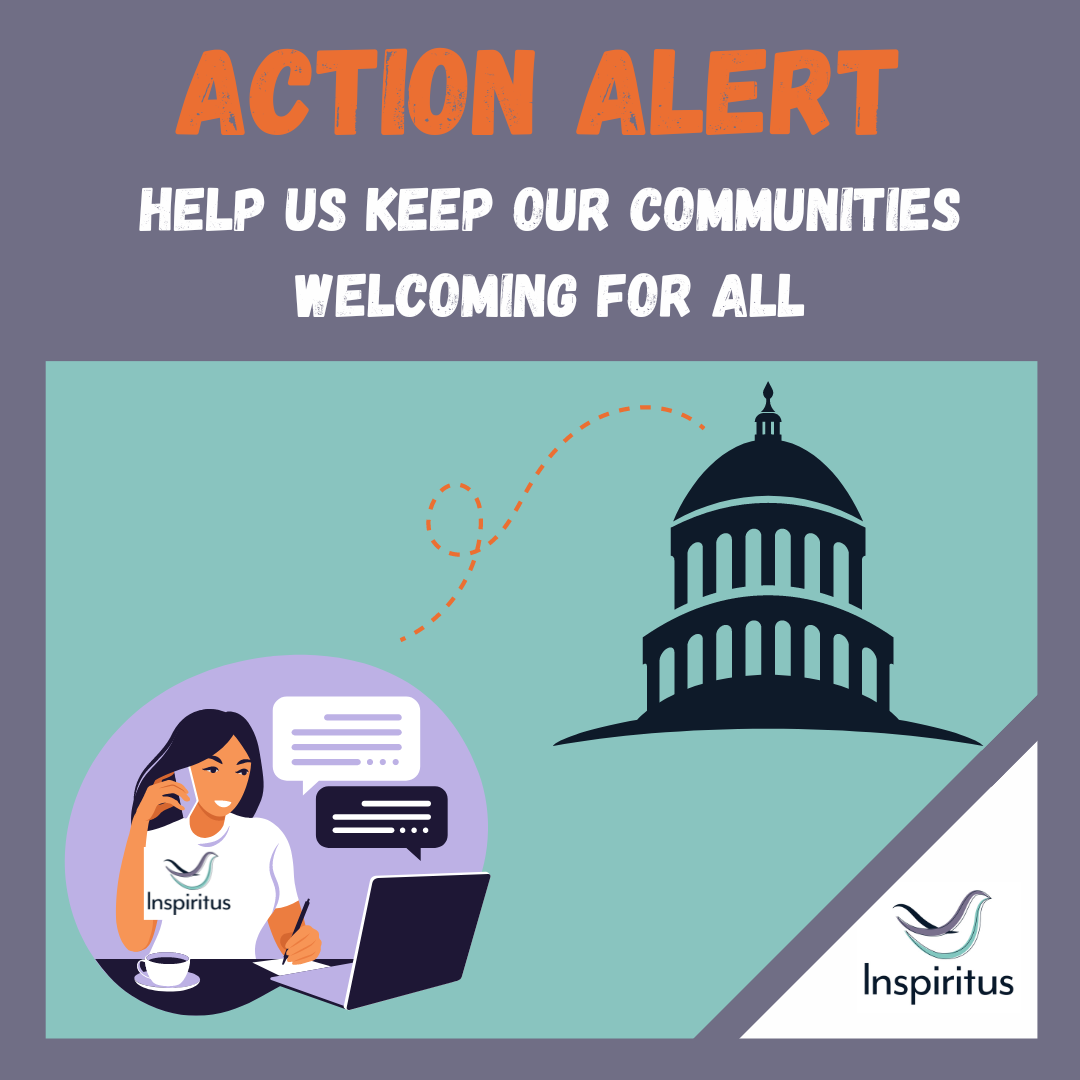How Should We Respond to the Refugee Crisis in Light of the Paris and Beirut Attacks?
/The past five days have been really painful for humanity. The recent attacks in Paris and Beirut, not to mention the countless acts of violence in multiple places around the world have shocked and alarmed us. We are more connected than in any other time of human history, through 24/7 media outlets and social media, we know instantly what’s going on around the world.
These events are scary for everyone. And in our fear, and in the uncertainty around us, and especially in the instantaneous ways we receive information, reactions are swift. So as a result, there has been significant backlash against Syrian refugees, and in some cases, refugees in general. We at Lutheran Services of Georgia have been serving refugees for over thirty years, so we have seen first hand the incredible contributions of refugees in Georgia. Our clients and even some of our staff are a perfect testimony of that, many of them fled violence and war and are now U.S citizens, working to serve their community. We do understand the concerns that people have expressed, so I wanted to address some of the key questions that have been posed:
- What is a Refugee anyway? According to the United Nations, a refugee is someone who "owing to a well-founded fear of being persecuted for reasons of race, religion, nationality, membership of a particular social group or political opinion, is outside the country of his nationality, and is unable to, or owing to such fear, is unwilling to avail himself of the protection of that country." Essentially, refugees have fled violence or persecution and are unable to return to their home country.
- How are refugees processed? Are there security risks? The United Nations High Commissioner for Refugees (UNHCR) — or occasionally a U.S. embassy or another non-governmental organization (NGO) — determines which refugees (about 1 percent) should be resettled, which can take four to 10 months. Once a case is referred from the UNHCR to the United States, a refugee undergoes a multi-layered security screening process that could take several rounds, an in-person interview with Department of State personnel, approval by the Department of Homeland Security, medical screening, a match with a sponsor agency, "cultural orientation" classes, and final security screening. This all happens before a refugee ever gets onto American soil. The United States handpicks the refugees who resettle here, and they go through multiple layers of security checks, making them the most thoroughly vetted group of people who come to the United States. Security screenings are rigorous and involve the Department of Homeland Security, the FBI, the Department of Defense and multiple intelligence agencies. Before a refugee can even be considered to come to the U.S., he or she must first be determined to be eligible. The security process takes at least 18 to 24 months.
- But what about Paris? The European process is different from the process of vetting in the United States. As mentioned above, the security screening process is very stringent. Refugees are the most scrutinized and screened individuals to enter the United States. The robust and multi-layered series of security checks include biometrics, medical screenings, interagency intelligence sharing, and in-person interviews with Department of Homeland Security and U.S. Citizenship and Immigration Services officials are an extraordinary tool to ensure that the refugees we seek to protect will not pose a safety threat to the United States.
- How many refugees are coming to the United States? Aren’t they a financial drain on the tax payers? The number of refugees admitted into the United States from all countries has averaged between 50,000 and 85,000 in recent years. For this coming fiscal year, the total number estimated was 85,000, an increase in 10,000 from the previous year. In Georgia, 82% of refugees are self sufficient, working and paying their own expenses after six months in the United States. Refugees contribute to the American economy in great ways.
- Is it true that only Muslim refugees are coming to the United States? What about only Syrian Men? They’re the only pictures I see. The United States resettles refugees of all faiths. Keeping some Syrian refugees out of this country based on their religion sends the wrong message to the rest of the world about who we are as Americans. We are a welcoming country with a religiously diverse society and our resettlement program should continue to reflect this. To not do so only feeds into ISIS’ propaganda and makes us all less safe. And in regards to gender, 76% of the refugees who have fled violence in Syria are women and children. For Lutheran Services of Georgia, in the federal fiscal year that just ended on September 30th, 76.5% of our clients were women and children. 47% of our clients were Christian, 13% were Buddhist or Hindu, and 40% were Muslim. We serve all faiths through the resettlement program.
Ultimately, we at LSG believe in bringing people home and creating welcome. We have a rich history as an organization in serving the vulnerable. And we have a rich history as a nation of being a country of immigrants, of people who escaped persecution in search for new futures. We hope you will join us as we welcome refugees to Georgia.













